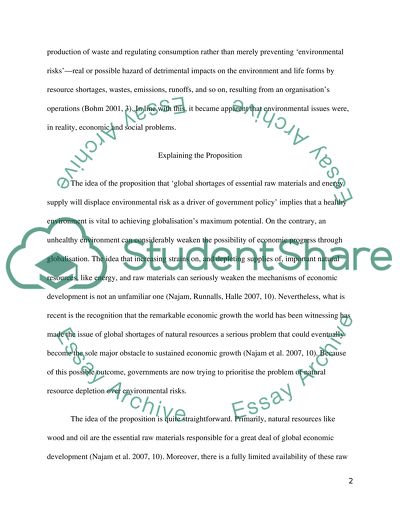Cite this document
(“Global resource depletion: A developing focus in the policy arena Essay”, n.d.)
Retrieved from https://studentshare.org/environmental-studies/1397040-module
Retrieved from https://studentshare.org/environmental-studies/1397040-module
(Global Resource Depletion: A Developing Focus in the Policy Arena Essay)
https://studentshare.org/environmental-studies/1397040-module.
https://studentshare.org/environmental-studies/1397040-module.
“Global Resource Depletion: A Developing Focus in the Policy Arena Essay”, n.d. https://studentshare.org/environmental-studies/1397040-module.


